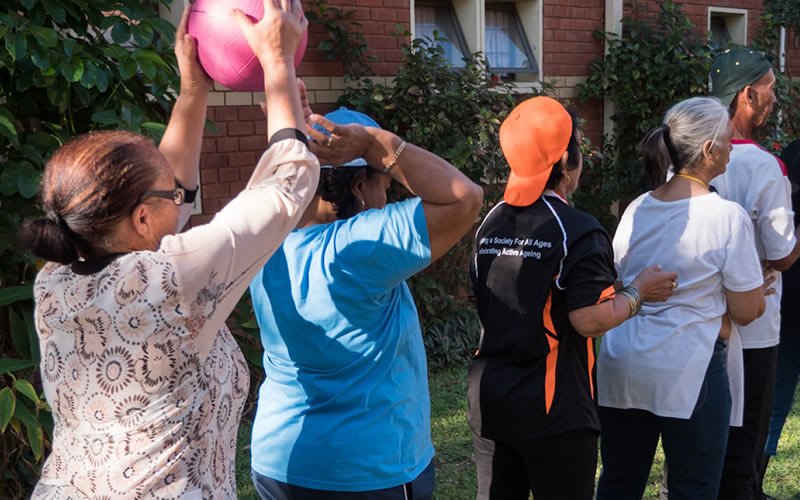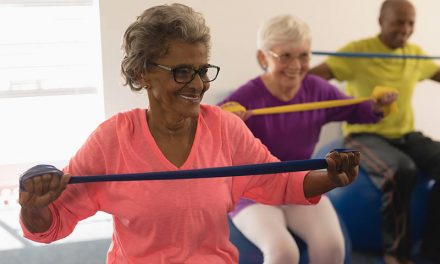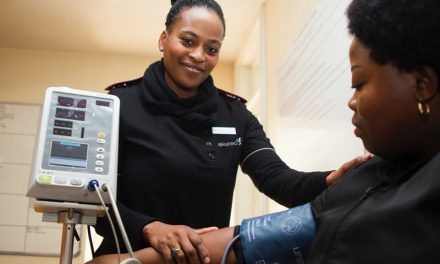Active Ageing
Older people who are active, stimulated and involved in the community enjoy a better quality of life and suffer fewer age related illnesses. TAFTA promotes the concept of active ageing, both in the community and within our residences, by providing a number of programmes and activities designed to engage and inspire older people – physically, mentally and socially.
It starts with you
Active ageing means taking control of your life and spending it the way you want to. Ask yourself what you would like to be doing in your spare time and what is stopping you. How can you work around these barriers to enjoy the life you really want?
Be on the lookout for information and activities that might be of interest. Check out the “What’s happening” section of the newspaper, the notice board at the library, supermarket or community centre, church newsletters, TAFTA newsletters and our website, which publicises upcoming events.
Take charge of your health
Physical health is critical to active ageing. It’s never too late to start leading a healthy lifestyle. If you are overweight, make a determined effort to lose a few kilograms by following a healthy diet – go easy on the fats, processed foods and starch, eat more fresh fruit and veggies and drink plenty of water.
Keep moving – brisk walks, gentle strolls, slow jogs, cycling, swimming, dancing – as long as you are on the move, you’ll feel better and your health will benefit.
Go for regular medical checkups, take your medication on time as prescribed by the doctor and behave responsibly, especially if you have a medical condition such as high blood pressure or diabetes.
Stay social
Maintaining friendships and social contact are an important part of Active Ageing, as is learning new things. According to a survey conducted by Philips in the USA, the benefits of having adequate social relationships have an effect on longevity comparable with quitting smoking and of greater benefit than avoiding obesity and lack of exercise.
Loneliness often comes with old age, especially if you have lost a friend or life partner. Try to find people with similar interests by joining a community group or club. This can be difficult if you are naturally shy, but you can start off by visiting a few places and talking to the people in charge. This will ensure you see at least one familiar face when you turn up for your first meeting.
Mastering modern technology and becoming comfortable using social media such as Facebook enables older people to connect with friends and family overseas in a simple, affordable and fun way.
Maintain a positive attitude
Many older people feel anxious or depressed as they face challenges of ageing. Here are five ways to continue enjoying your life, even if it has changed:
- Gratitude – being grateful for what we have, what we do and who we are.
- Generosity – giving back and helping others makes us feel happier and more content.
- Reframing – ageing includes its share of losses and sorrows, but it’s how we deal with these that makes all the difference. Every negative experience presents opportunities to learn or to take a new path.
- Curiosity – we are never too old to learn new things … about nature, about how things work, about ourselves. Being curious is what keeps us young at heart.
- Flexibility – things change all the time for everyone. It’s important not to get too stuck in our ways.
- Above all, remember to laugh. When we laugh our bodies release endorphins into the blood stream, which makes us feel better. Laughing also lowers blood pressure and increases oxygen intake, which is linked to a decreased risk of heart attack and stroke.
More on Active Ageing
Use these links to discover more about creating a life worth living, regardless of your age:
Healthy eating for the over 60s






